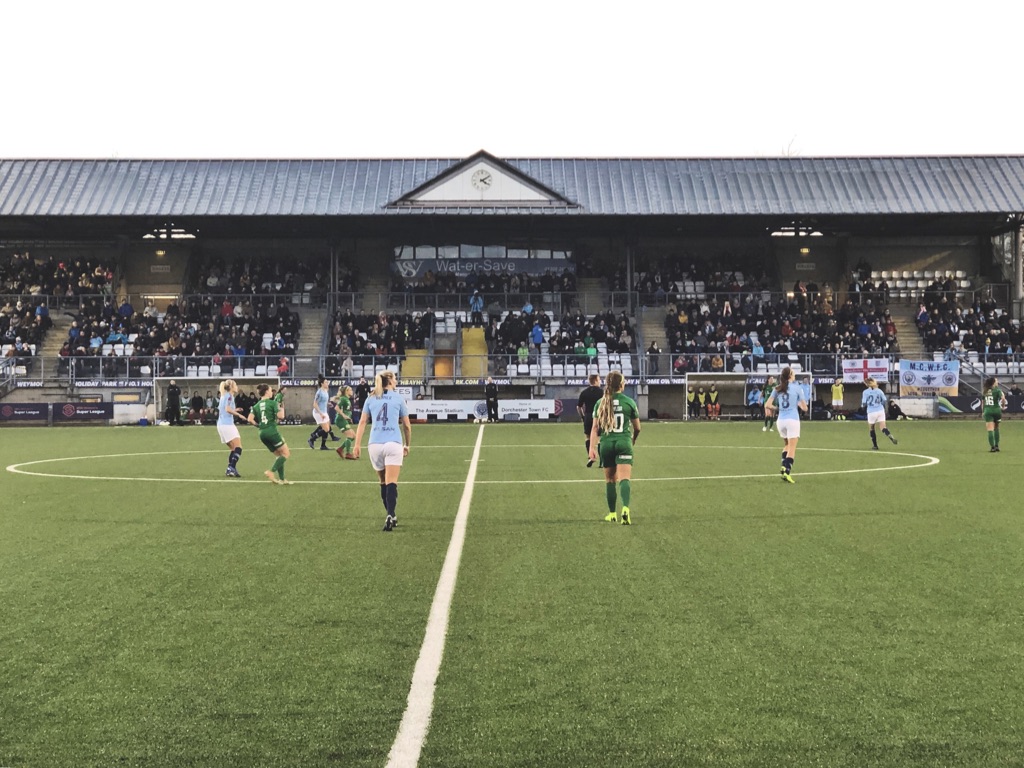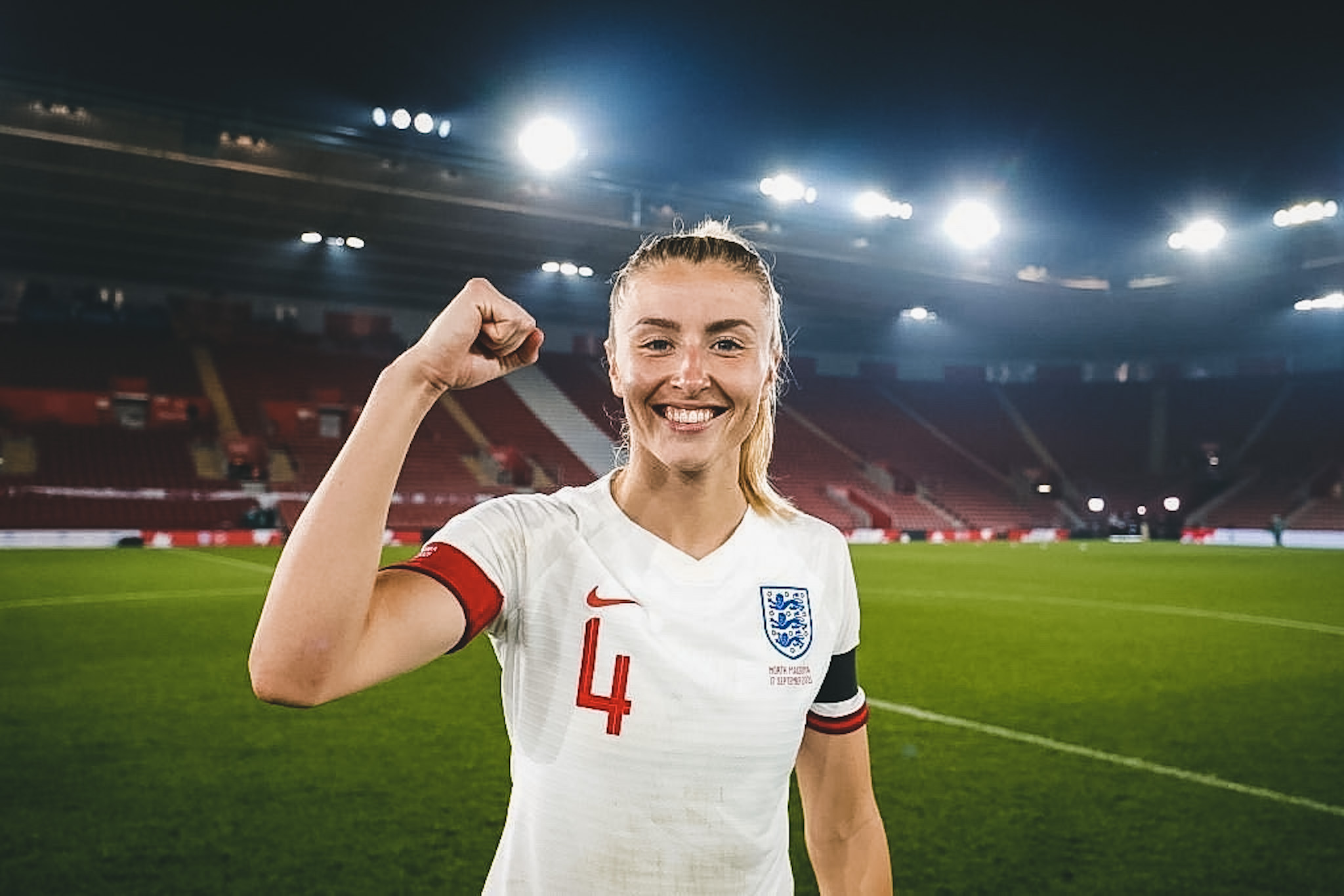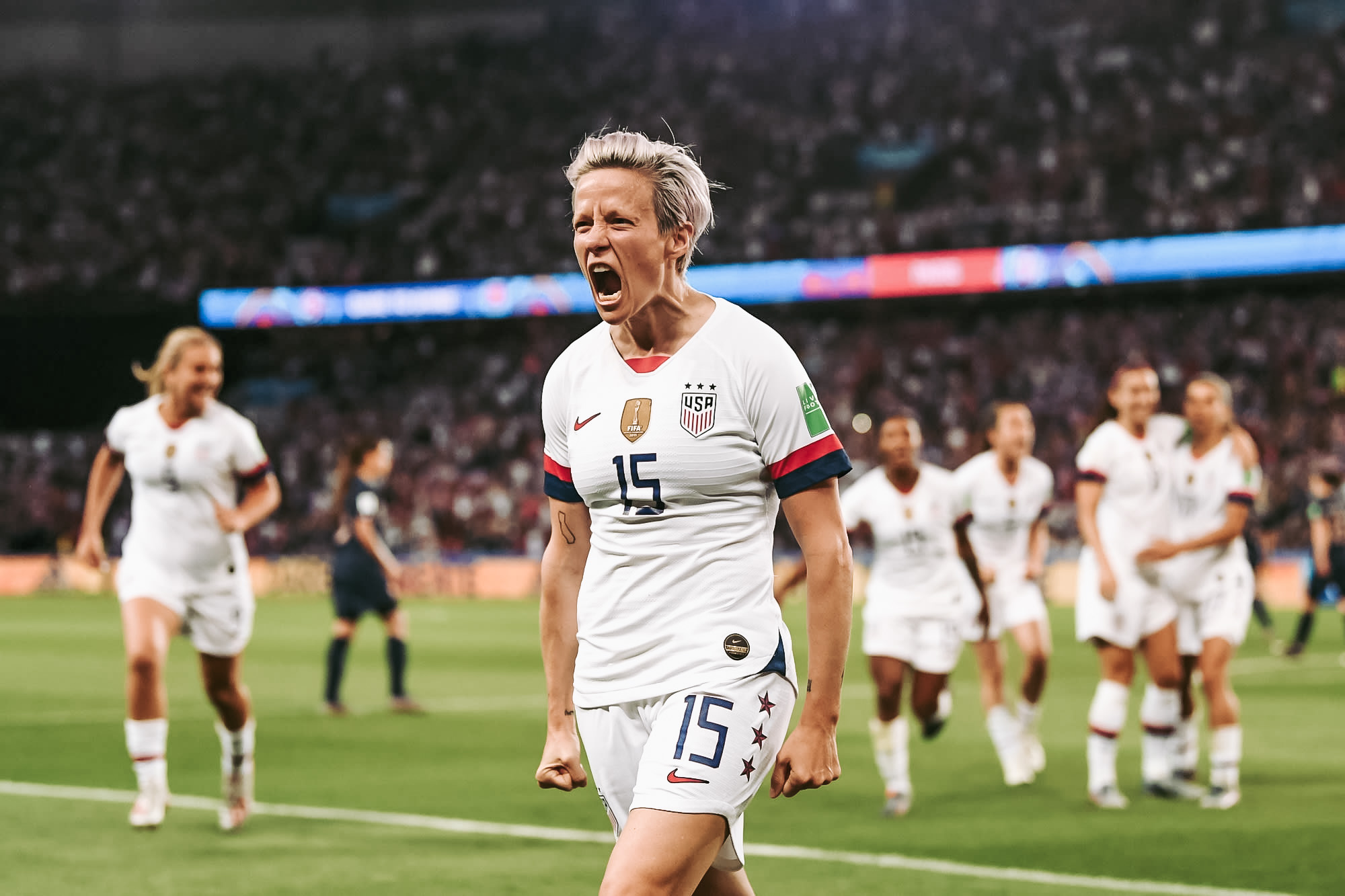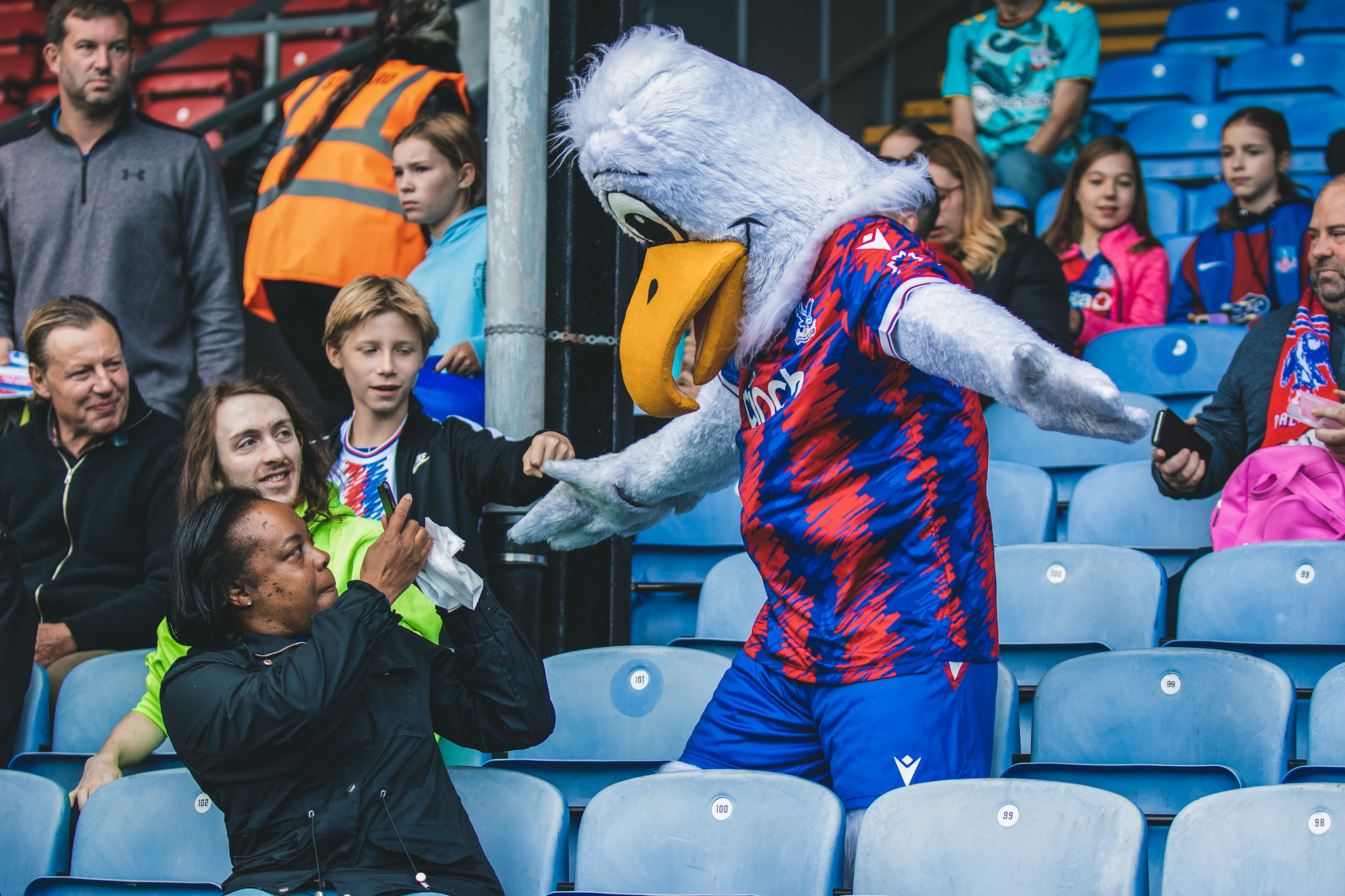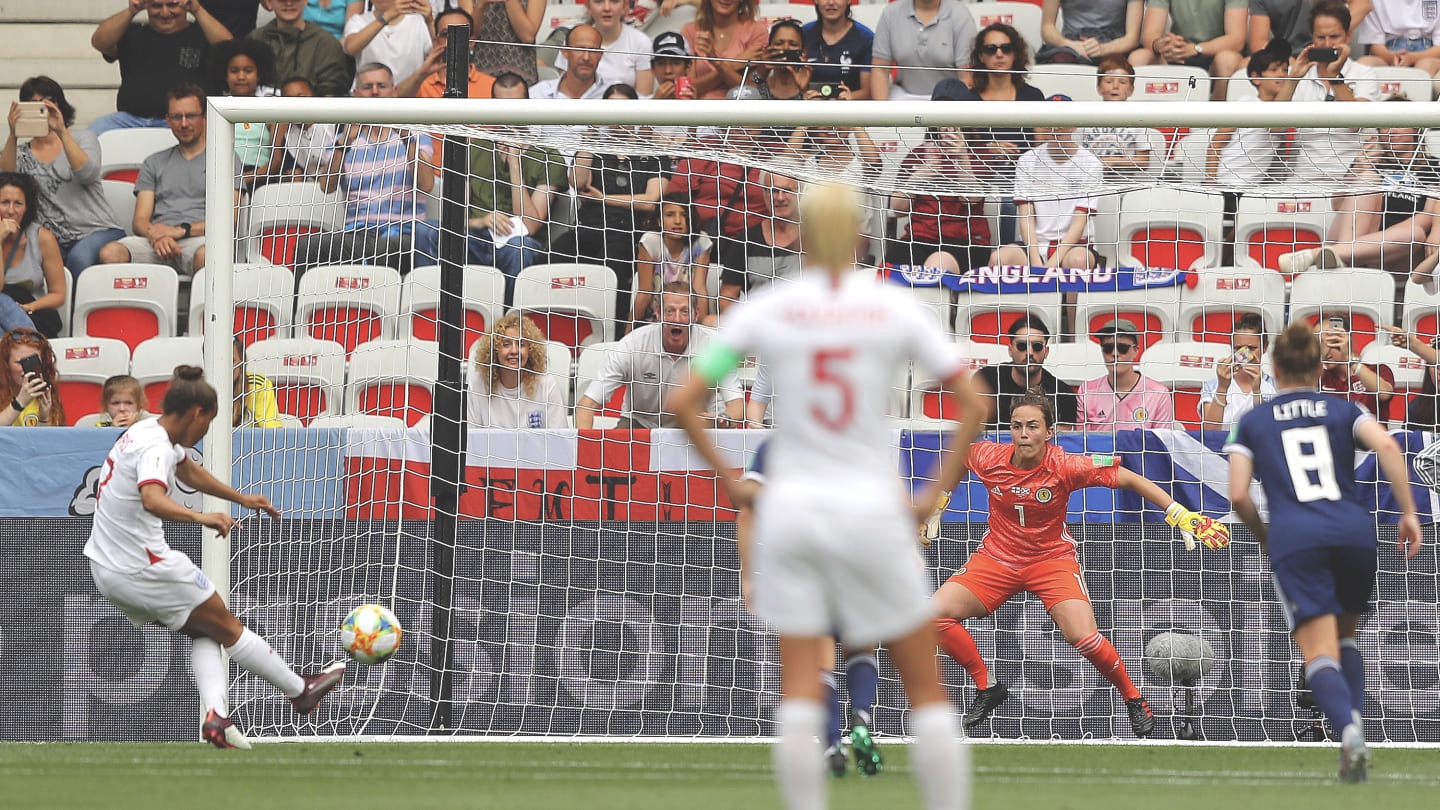If I could just add my input to the many other voices who have welcomed Barclays’ multi-million pound investment in women’s football, and Boots’ sponsorship of the Home Nations teams plus Irish Republic. This is all great, but I hope people will keep in mind what Millie Bright was saying earlier this week, in her column for BBC Sport: this money needs to be shared around. Some female players are now paid good salaries for their efforts, but I read this week that many WSL players are currently on around £18,000 a year, which I think isn’t enough, and apparently 58% have considered or would consider quitting, for other work. Yeovil Town’s financial struggles are now well known, therefore as a concerned fan on the outside, I have probably got to conclude that our women’s elite football is not in quite the secure position I had previously believed it to be. The WSL is not in the same place as the Women’s NBA in America, founded 1996-97, where players on average earn $71,635. [£54,827 on 11 April exchange.]
I hope that we are not about to see more reversals of progress, with clubs folding as there isn’t the money to continue. I would hope that there is enough money in football for that not to be necessary. Really, the conversation we should be having is about when the FAWC is also going to be professionalised but I get that this isn’t possible at present.
The WSL has now been operating since 2011, so we’re now into its ninth season. I now hope that people will show their support for it, and the FAWC, so that we don’t fall foul of the ‘Twelve Season Curse.’ That’s not an established phrase, I just made it up, but there is something to it: in Canada, the Canadian Women’s Hockey League has just folded (or will formally fold next month), after twelve seasons. Fortunately, Dani Rylan’s NWHL (est. 2015) can pick up at least two teams in Toronto and Montreal, but as of 11 April 2019, that still left two Canadian teams and one American team without a league. Calgary Inferno go into the books as the final winners of the CWHL’s Clarkson Cup but they won’t have a hockey league to play in next season, unless someone steps forward with more capital for the NWHL.
Similarly, women’s professional baseball in America lasted twelve seasons, 1943-54. A space was created for it as WWII took so many men away from all levels of Baseball, but after a very promising start, funding became harder to find as men returned from the War and some very traditional attitudes reappeared in the 1950s. This despite the All-American Girls Professional Baseball League attracting more than 12 million spectators in the American Midwest, while it existed. Surely, people will say, we have travelled a long way since the 1950s. Have we? I want to believe that too. But it seems that progress is painfully slow sometimes, in anything to do with equal rights – in this case, women’s equal access to professional football. I hope that fans everywhere will continue to go to matches whenever they can, as well as Like, Share, Retweet, Follow every player they can on social media, because sponsors do look at that data when they make decisions about possible reach for their money.
Never feel, as an individual, that you can’t make a difference. Be the change you want to see in the world. Remember what Robert Kennedy said at the University of Cape Town on 6 June 1966:
“Each time someone stands up for an ideal, or acts to improve the lot of others, or strikes out against injustice, they send forth a tiny ripple of hope, and crossing each other from a million different centers of energy and daring, those ripples can build a [powerful] current…”





